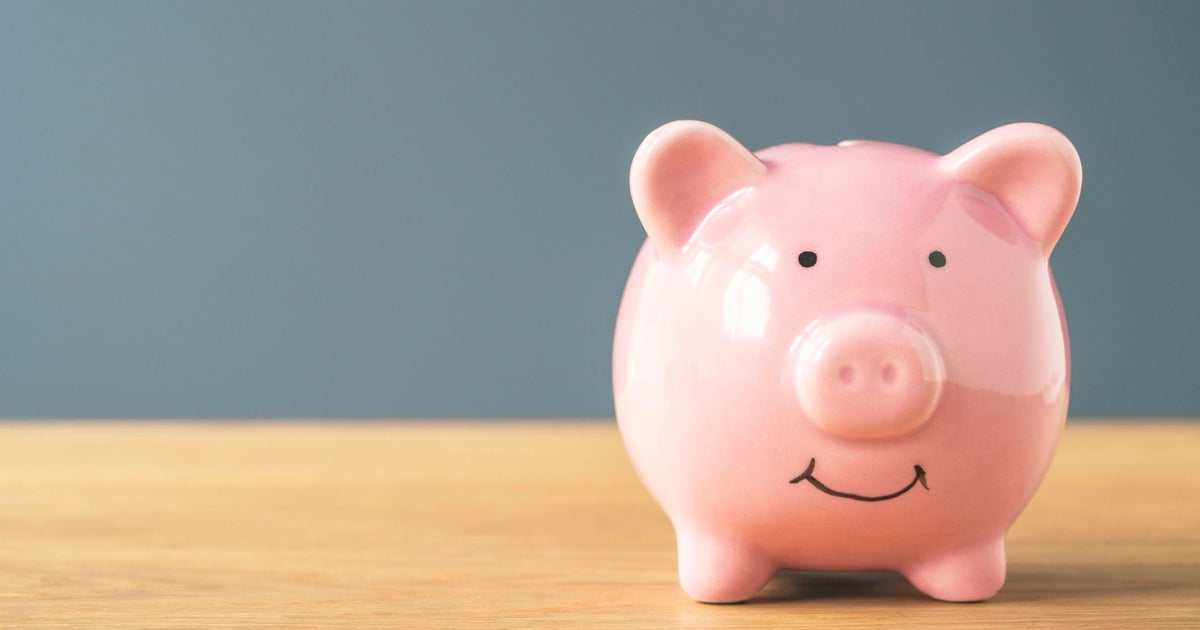
Big banks hiked interest rates on borrowers but not for savers, senators say
CBSN
As interest rates climbed, major banks charged borrowers more for mortgages and auto loans, yet never increased payouts to savers, despite telling lawmakers they would do so, say two U.S. senators in letters to seven CEOs, shared exclusively with CBS News.
In March 2022, the Federal Reserve started raising the federal funds rate, with banks following suit by hiking rates for mortgages, auto loans and credit cards. But those increases were not matched with high interest rate payouts on savings accounts at banks including Bank of America, Citibank, JPMorgan Chase, PNC Bank, Truist, U.S. Bank and Wells Fargo, according to the lawmakers.
"This tactic — charging borrowers more, paying savers a little, and pocketing interest paid by the Federal Reserve — has enabled U.S. banks to rake in record profits of $1 trillion and JPMorgan alone to make record profits of $49.6 billion in 2023," according to Sens. Elizabeth Warren (D-Massachusetts) and Jack Reed (D-Rhode Island), the authors of the letter. Meanwhile, "savers have struggled to keep up with inflation," they added.





















 Run 3 Space | Play Space Running Game
Run 3 Space | Play Space Running Game Traffic Jam 3D | Online Racing Game
Traffic Jam 3D | Online Racing Game Duck Hunt | Play Old Classic Game
Duck Hunt | Play Old Classic Game